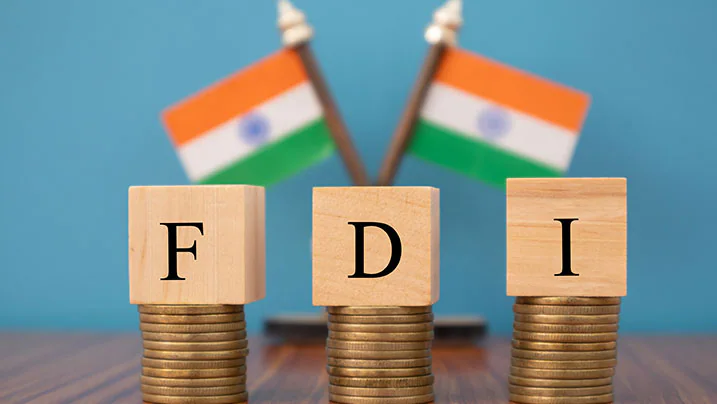NEW DELHI (India CSR): In a significant move to bolster the domestic Maintenance, Repair, and Overhaul (MRO) industry and the aviation sector, the Government of India has announced several reforms. One of the key changes includes permitting 100% Foreign Direct Investment (FDI) via the automatic route for the MRO sector. This decision is poised to enhance the competitiveness, innovation, and efficiency of the Indian MRO industry, creating a more robust and efficient aviation sector.
Uniform IGST Rate for MRO Imports
The government has introduced a uniform Integrated Goods and Services Tax (IGST) rate of 5% for the import of parts, components, testing equipment, tools, and tool-kits used in aircraft maintenance, irrespective of their Harmonized System of Nomenclature (HSN) classification. This policy change aims to:
- Enhance the competitiveness of the Indian MRO sector.
- Foster innovation and efficiency within the industry.
- Create a robust and efficient aviation sector.
Policy and Regulatory Incentives
To further facilitate the establishment and growth of MRO services in India, the government has implemented various policy, regulatory, and other incentives:
Extension of Export Period
As part of the Union Budget 2024-25 announcements, the government has extended the period for exporting goods imported for repairs from six months to one year. Additionally, the time limit for re-importing goods for repairs under warranty has been extended from three to five years.
New MRO Guidelines
On 1st September 2021, new MRO guidelines were announced, which include:
- Abolishing royalties.
- Ensuring transparency and certainty in land allotments for MROs in Airports Authority of India (AAI) airports.
Reduction in GST
The Goods and Services Tax (GST) on MRO services has been reduced from 18% to 5% with full Input Tax Credit (ITC) available from 1st April 2020. This reduction aims to make Indian MRO services more competitive globally.
Export Treatment for Sub-Contracted Transactions
Transactions sub-contracted by foreign Original Equipment Manufacturers (OEMs) or MROs to domestic MROs are treated as ‘exports’ with zero-rated GST from 1st April 2020. This provision aims to encourage international business for domestic MROs.
Customs Duty Exemptions
The government has exempted customs duty on tools and tool kits used in the MRO industry. This exemption reduces the overall cost burden on MRO companies, allowing them to invest more in innovation and efficiency.
Simplified Clearance Processing
To streamline operations, the government has simplified the clearance processing of parts used in aircraft maintenance. This simplification ensures quicker turnaround times and less bureaucratic hassle for MRO companies.
FDI Permitted via Automatic Route
One of the most significant changes is the permission for 100% FDI via the automatic route for the MRO sector. This policy aims to attract foreign investment, bringing in capital, technology, and expertise to the Indian MRO industry.
You Learn
These initiatives by the Government of India mark a strategic move to elevate the domestic Aircraft MRO sector, making it more competitive on a global scale. By implementing uniform IGST rates, reducing GST, and permitting 100% FDI through the automatic route, the government is creating a conducive environment for the growth and development of the MRO industry. These steps are expected to foster innovation, enhance efficiency, and create a more robust and efficient aviation sector in India.
This information was provided by the Minister of State in the Ministry of Civil Aviation, Shri Murlidhar Mohol, in a written reply to a question in the Lok Sabha yesterday.
(India CSR)
इसे हिंदी में भी पढ़ें: विमान रखरखाव, मरम्मत और ओवरहाल (MRO) के लिए स्वचालित मार्ग से 100% प्रत्यक्ष विदेशी निवेश (FDI) की अनुमति





















